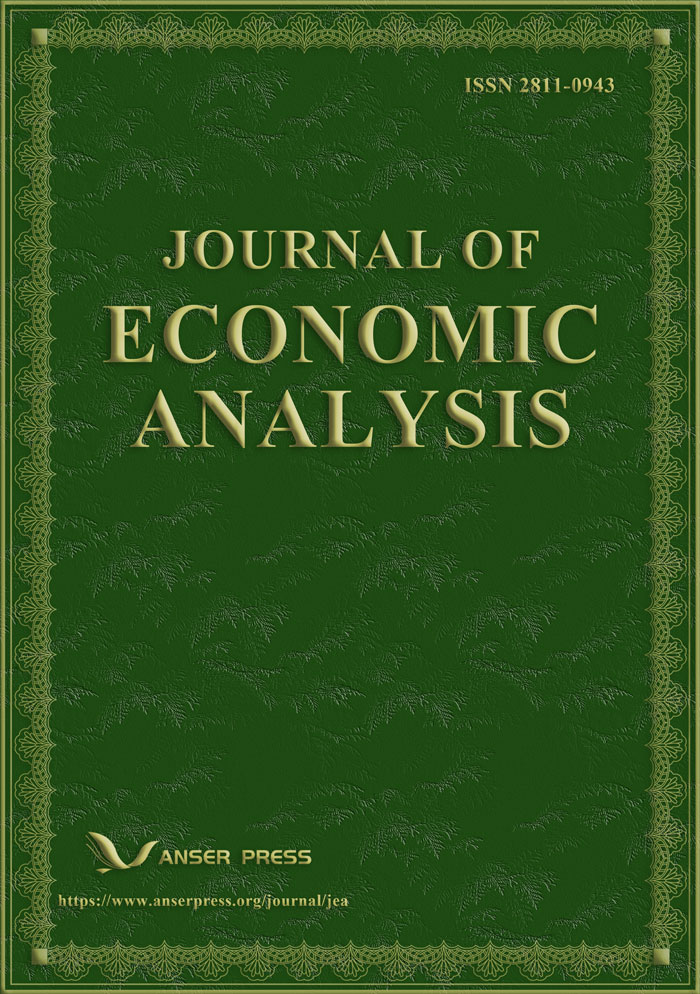Credit risk and Tunisian bank stability in the Covid-19 wave
Abstract
Banks are at the core of economic functioning in various countries and are the cause of their development in various fields. In a changing environment, they must deal with certain risks and maintain financial stability as the ultimate objective. The primary objective of this study is to examine the correlation between credit risk and bank stability within the Tunisian banking sector, with a specific focus on understanding the moderating impact of the COVID-19 pandemic. To achieve this, we employ several econometric techniques, including panel unit root and cointegration tests, panel Vector Error Correction Model (VECM), Fully Modified Ordinary Least Squares (FMOLS), and Dynamic Ordinary Least Squares (DOLS). Our empirical analysis relies on a panel dataset that encompasses a comprehensive sample of 8 Tunisian banks over 2000-2020. The results of our analysis unveil a significant negative relationship between credit risk and bank stability, indicating that higher levels of credit risk exert a detrimental effect on the overall stability of Tunisian banks. Furthermore, our study highlights that this adverse impact is further exacerbated during the COVID-19 pandemic, suggesting that the pandemic acts as a moderator. The findings of this study hold substantial implications for policymakers, regulators, and bank managers in Tunisia. They emphasize the critical importance of implementing robust risk management practices to mitigate credit risk and bolster bank stability. Additionally, the research underscores the need to consider the unique challenges introduced by external shocks, such as the COVID-19 pandemic, when assessing the overall stability of the banking system.
Cite This Paper
Trabelsi, E., & Ben Mansour, M. (2024). Credit risk and Tunisian bank stability in the Covid-19 wave. Journal of Economic Analysis, 3(2), 53. doi:10.58567/jea03020001
Trabelsi, E.; Ben Mansour, M. Credit risk and Tunisian bank stability in the Covid-19 wave. Journal of Economic Analysis, 2024, 3, 53. doi:10.58567/jea03020001
Trabelsi E, Ben Mansour M. Credit risk and Tunisian bank stability in the Covid-19 wave. Journal of Economic Analysis; 2024, 3(2):53. doi:10.58567/jea03020001
Trabelsi, Emna; Ben Mansour, Malek 2024. "Credit risk and Tunisian bank stability in the Covid-19 wave" Journal of Economic Analysis 3, no.2:53. doi:10.58567/jea03020001
